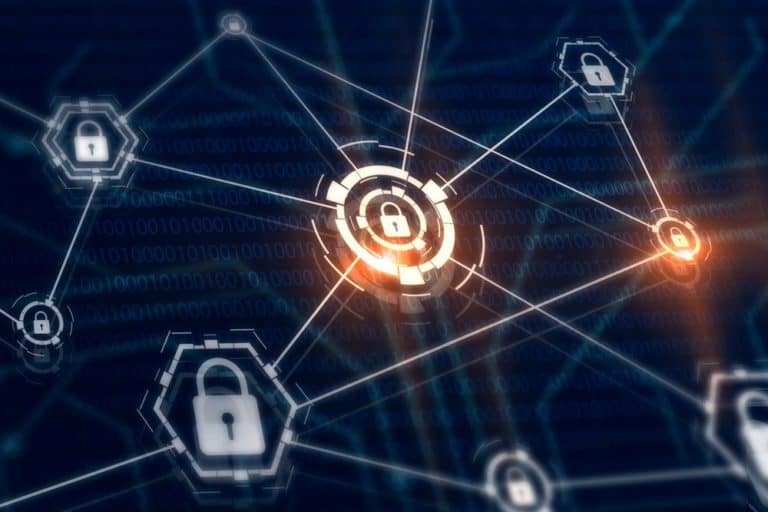What will the security landscape look like in 2020? Fortinet’s FortiGuard Labs team has made some predictions about this. According to the FortiGuard Labs team, next year’s security landscape will be defined by artificial intelligence (AI) and counter-espionage.
AI and counter-espionage can play a crucial role in countering the increasingly sophisticated and fast attacks that occur in ever-increasing numbers, says FortiGuard Labs. Organisations increasingly need to deal with aggressive attacks in real-time, and at the speed of the network in question, if they are to repel them.
Counterintelligence comes from the world of espionage, but can also be used for digital threats. Where cybercriminals often have to sail blindly, security professionals have access to a lot of threat information. This information can also be supplemented with insights obtained through machine learning and AI.
But cybercriminals can counter-attack and spy on data traffic to distinguish between legitimate and misleading data traffic. In response to this, organisations can have their misleading strategy rely more strongly on AI and ultimately even be able to use counter-espionage.
Deployment of AI
Next year, AI can also play a more important role in the security landscape. Organisations can combine machine learning and static analysis to create threat scenarios that include appropriate countermeasures.
Using AI, companies can also invest in an automated system that detects and predicts attacks, and can improve detection and incident response. Scripts can reveal underlying patterns, allowing an AI system to predict the next move of attackers and to estimate when an attack will occur.
Finally, it is possible to use learning nodes that provide advanced and proactive security remotely. These nodes can also take proactive action and communicate with other nodes, so that all nodes can close off the attack channels at the same time.
Working more closely with authorities
Finally, FortiGuard Labs advises to work more closely with legal authorities. Cyber security comes with unique requirements in the area of privacy and access, but cyber criminals have no limits.
Therefore, investigation services have set up command centres and linked them to organisations in the private sector. This combination makes real-time detection and incident response more and more real and closes the gap between various international and local investigation services, government institutions, companies and security experts.
This rapid and secure exchange of threat information can help protect vital infrastructures and stop cybercrime.
